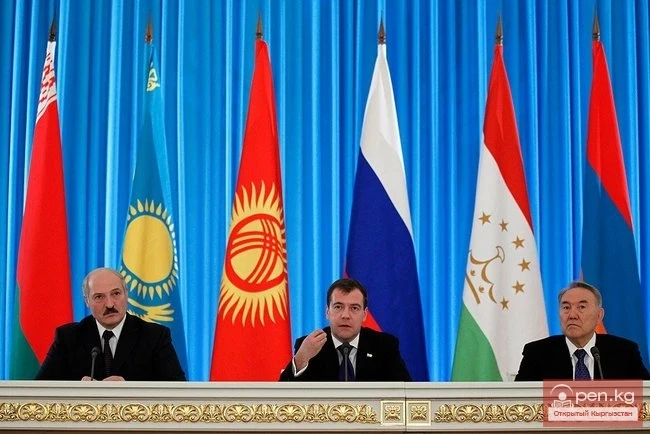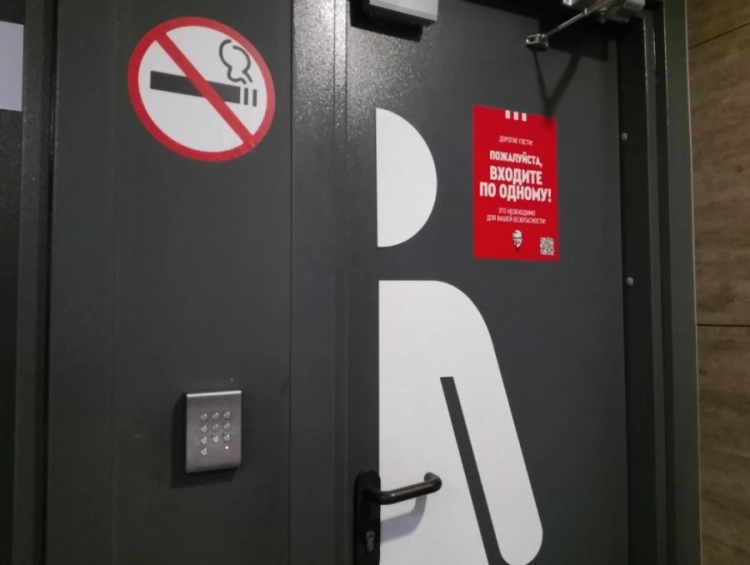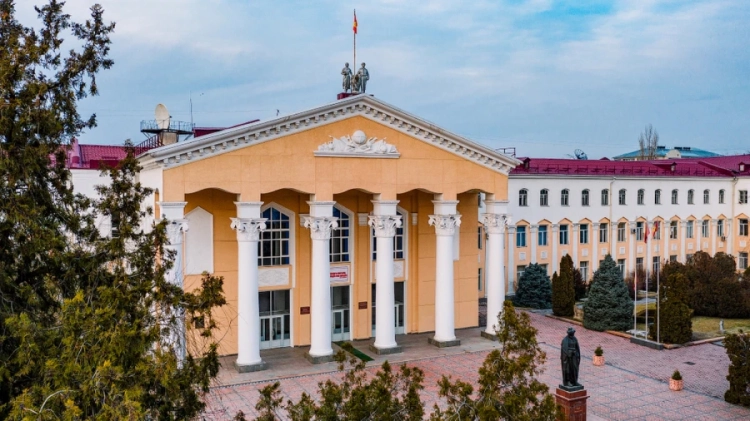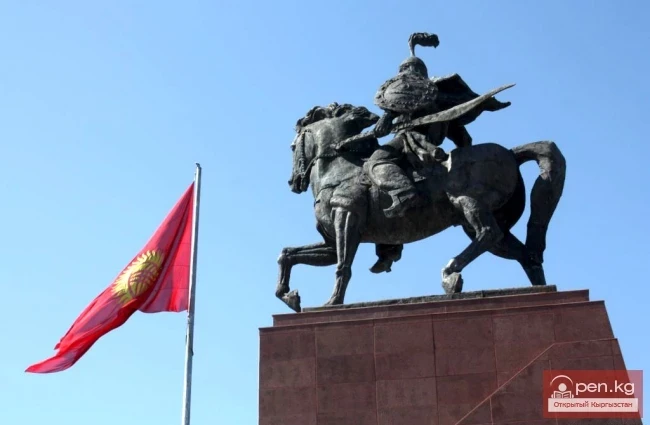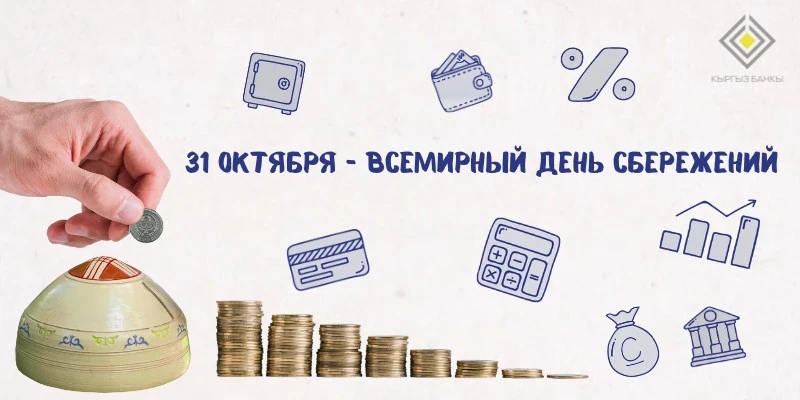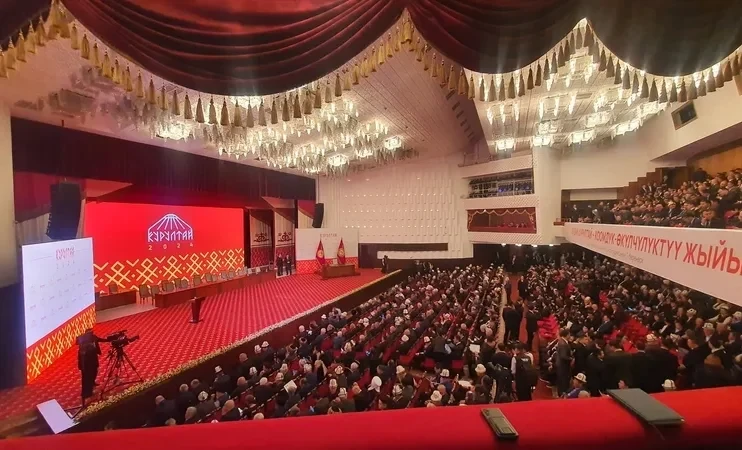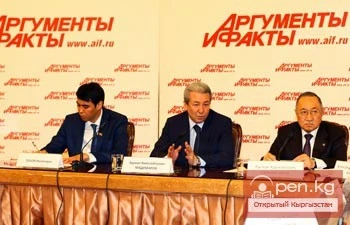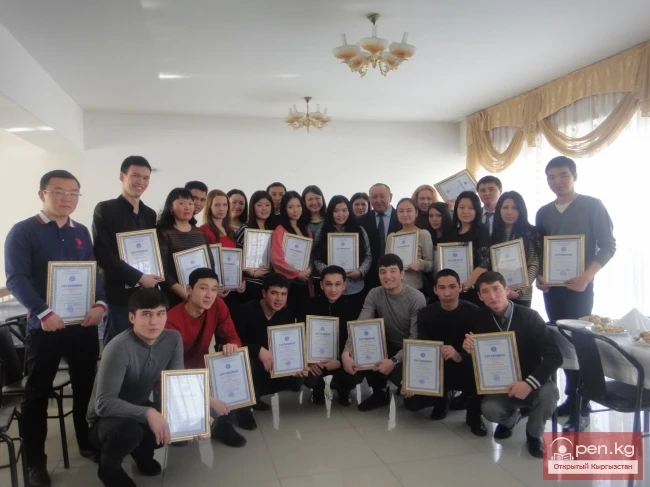The Impact of the Economy on Public Perception
Every morning, the residents of the country ask themselves not about the news, but about what has become more expensive. The topic of fuel prices and fluctuations in the dollar exchange rate shapes their first emotions of the day.
Modern economic news serves as a reflection of citizens' confidence in the future. A decline in income makes people perceive even positive events with caution, while an increase in economic activity inspires action, business planning, and taking out loans.
To understand what society feels, it is enough to look at social networks: discussions about taxes or minimum wage generate more responses than loud political news. Economic information becomes personal for everyone—from students to entrepreneurs.
Public Sentiment: From Apathy to Engagement
Kyrgyzstan is experiencing active internal development. Citizens are becoming increasingly engaged in discussions about reforms, criticizing the work of government structures, and demanding concrete actions. However, there is also a sense of fatigue in society. People have become accustomed to change, but do not always see real results, leading to fluctuations in mood between expectation and irritation.
This is most vividly manifested among the youth. The generation born after 2000 evaluates events more rationally and does not expect miracles from the authorities. They are interested in ideas for self-realization, digital professions, and remote work. For them, the economy is not just news about the budget, but personal income and online tools for earning.
A New Culture of Consumption and Online Platforms
The rise in popularity of online games and services demonstrates changes in people's behavior. After work or study, many seek not just relaxation, but the opportunity to feel in control of the situation. Online casinos, such as Azartoff, have become not only entertainment but also a symbol of a new rhythm of life: quick reactions, flexibility, and risk—within the framework of personal choice.
This trend indicates a cultural shift: people do not want to wait. They have become accustomed to instant results, which applies not only to entertainment but also to politics and the economy. If results do not appear quickly, public sentiment deteriorates.
Trends Shaping Public Perception
Among the topics that have the greatest influence on the emotional background of society, the following can be highlighted:
Financial stability. Every message about new tariffs or currency changes provokes an immediate reaction.
The development of the IT sector. Digital professions are becoming a symbol of hope for the future.
Migration. The departure of young specialists abroad raises concerns and discussions about how to retain them.
Infrastructure. Road repairs and school construction foster trust and a sense of progress.
Prices and the labor market. Changes in these areas instantly reflect on sentiment, as they directly affect the standard of living.
These topics become emotional triggers, and the closer they are to everyday life, the stronger their influence.
The Economy of Trust and Its Influence on Overall Mood
In the modern world, trust is not built on slogans but is formed through comments, live broadcasts, and brief explanations. Every open explanation is perceived as a step towards transparency. Thus, a new model of communication arises, where people's participation replaces distance, and discussion becomes a tool of trust. When citizens feel that their opinions are taken into account, the level of tension decreases.
The economy, digitalization, and the news background are parts of a unified system, where the key word is trust. Without it, even the most well-thought-out reforms are perceived as temporary. Information noise often obscures real changes, which is why special attention is paid to the clear presentation of data. Transparency becomes a necessity.
Here is what strengthens trust in institutions:
- Clear explanations of decisions, not just results;
- Feedback from citizens through digital channels;
- The ability to verify information from official sources;
- Active participation of independent experts in discussions.
These simple mechanisms help people feel like part of the process. When news is presented with context, confidence emerges, leading to constructive thinking, planning, and perceiving changes not as threats. Thus, an economy of trust is formed, where citizens' attention becomes the most valuable currency.
Digital Habits as a Reflection of Public Character
Reading news has ceased to be a routine activity and has become a way of participating. This is a vivid sign of a digital society—the focus has shifted from global events to what shapes everyday life. The way a person consumes information reflects their attitude toward life. Whereas before the emphasis was on major stories, now people are interested in local narratives: which roads are being repaired, how small businesses are developing, and what IT initiatives are being launched nearby.
How Telegram Changed News Channels
Ten years ago, residents of Kyrgyzstan learned about the news through television, but today the primary source of information has become the smartphone. Telegram channels, short videos, and local chats shape the information agenda faster than traditional media can respond.
Digitalization has not only changed the ways of receiving information but also the very structure of thinking. People read shorter, react faster, and check sources less frequently. As a result, information waves rise instantly—from news about rising prices to rumors about new laws.
However, this digital haste creates a paradox: there is more information, but less trust. Each source requires verification, and every message can be perceived as a potential threat.
Kyrgyzstan's Transition to a Digital Society
Today, the news of the country is not just a chronicle of events, but a two-way communication channel between the state, business, and citizens. Every new project, law, or digital initiative is instantly discussed, creating a noisy space while emphasizing society's indifference.
Kyrgyzstan is gradually becoming a digital community, where information serves as a means of participation rather than a tool of control. Citizens do not wait for ready-made instructions; they discuss, propose, and influence decisions.
Government bodies and media platforms are forced to adapt. The old model of "we report, you read" is fading away. A format of collaboration is emerging, where publications become invitations to conversation. This is what distinguishes modern society from its media past—responsibility for information is shared among all.
Information Maturity and Conscious Choices
Today, not every message inspires trust, and that is normal. People have learned to filter content, compare sources, and separate emotions from facts. Thus, a new information culture is forming—not blind trust, but analysis. Discussions about news often take place not on forums, but in private chats, where participants exchange links, verify data, and share opinions. This is true digital literacy: not the speed of reaction, but the quality of perception.






